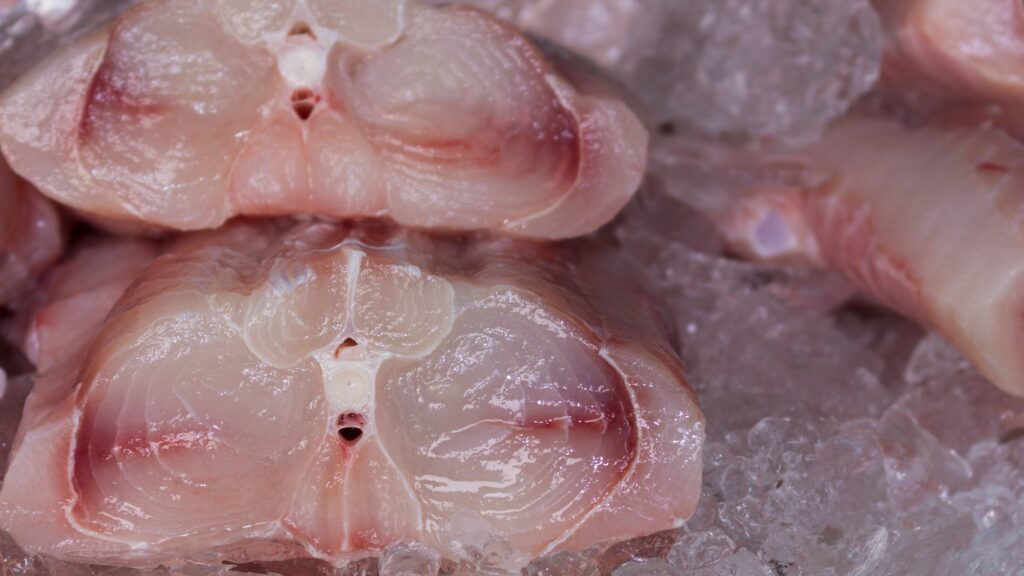
URGENT UPDATE: New reports confirm that endangered shark meat is being mislabeled and sold across the United States, raising alarming health and ecological concerns. A study published in the journal Frontiers in Marine Science reveals that up to 31% of shark products purchased in major U.S. states were identified as species listed as endangered or critically endangered.
The investigation, which examined shark products sold online and in stores in Washington, D.C., North Carolina, Florida, and Georgia, utilized DNA barcoding to confirm species identities in 29 of the 30 samples. Shockingly, among these, sharks such as the great hammerhead, scalloped hammerhead, tope, and shortfin mako were found, all recognized as vulnerable to extinction.
The implications of this mislabeling extend beyond environmental degradation. Some species, including the scalloped hammerhead and great hammerhead, are known to harbor dangerously high levels of mercury and other toxic metals. These heavy metals can severely impact human health, posing risks such as brain damage and increased cancer rates, particularly for vulnerable groups like pregnant women and young children.
Shark populations have plummeted by more than 70% since the 1970s due to factors like climate change, overfishing, and habitat destruction. According to the International Union for the Conservation of Nature, around 14% of the 550 known shark species are classified as vulnerable, while 11% are endangered and 12% critically endangered. This crisis is exacerbated by the fact that 74 species of shark are now at risk under the Convention on International Trade in Endangered Species of Wild Fauna and Flora (CITES).
Savannah Ryburn, a marine ecologist at the University of North Carolina and lead author of the study, emphasized, “The legality of selling shark meat in the United States depends largely on where the shark was harvested and the species involved.” However, she pointed out that once large shark species reach grocery stores, they are often sold without identifying features, making it nearly impossible for sellers to know what they are offering.
With the shark meat industry valued at approximately $2.6 billion and spanning over 200 countries, this mislabeling poses a significant threat to both ecological stability and consumer health. The study highlights the urgent need for stricter regulations to ensure proper labeling and traceability of all shark products sold in the U.S.
Consumers are urged to avoid purchasing unlabeled or ambiguously labeled shark meat. As the market continues to grapple with these issues, officials advocate for mandatory specific species identification on all shark meat products. The call for transparency is more pressing than ever as both the health of consumers and the survival of endangered shark species hang in the balance.
Stay tuned for further updates on this developing story as authorities continue to address the critical issues surrounding shark meat mislabeling in the United States.





